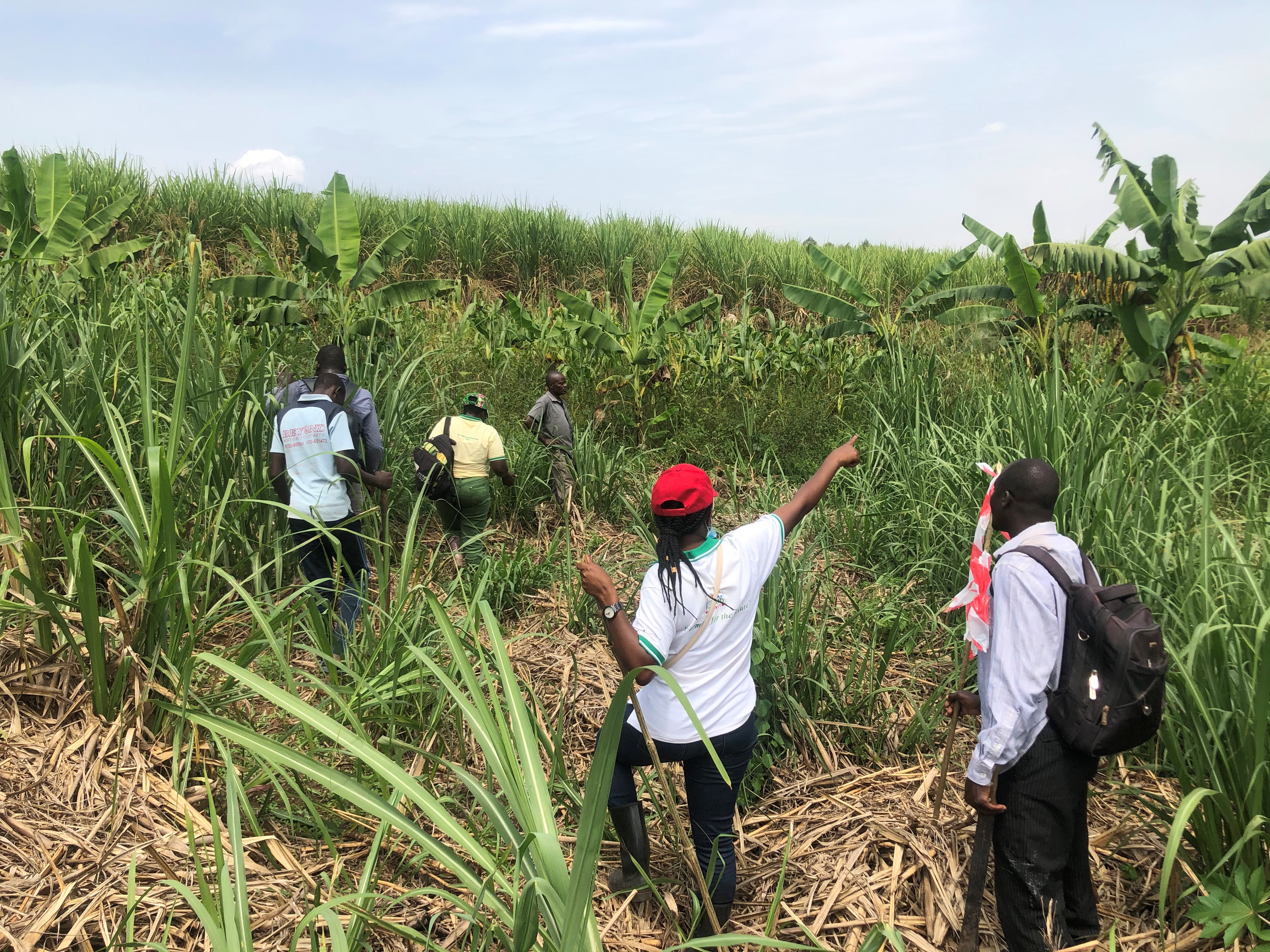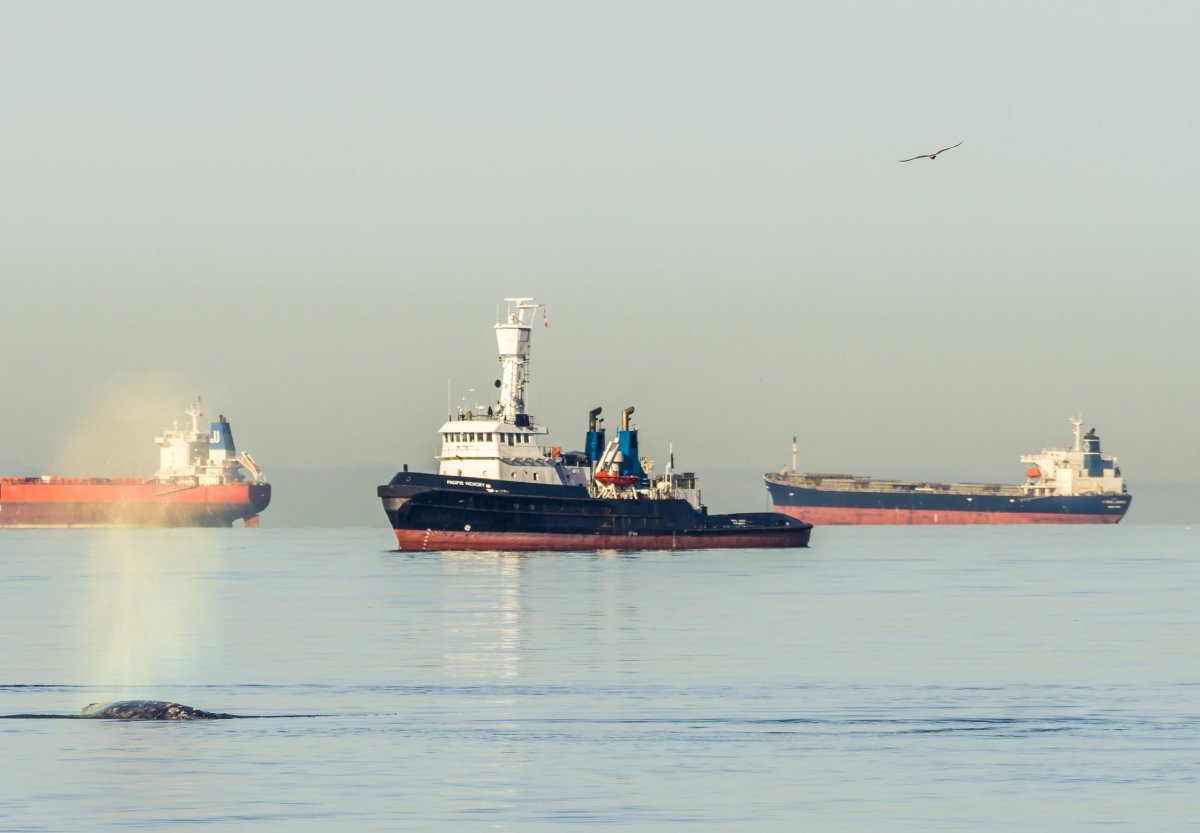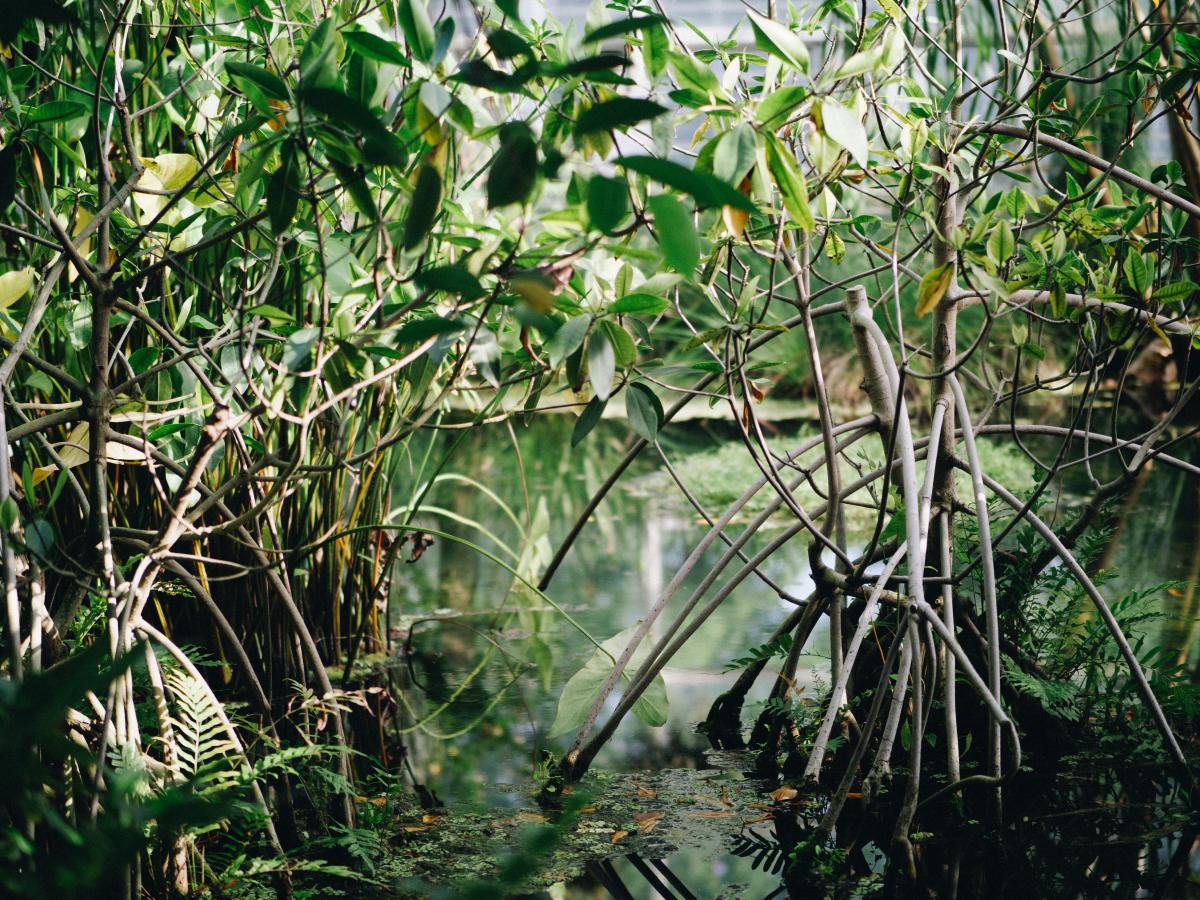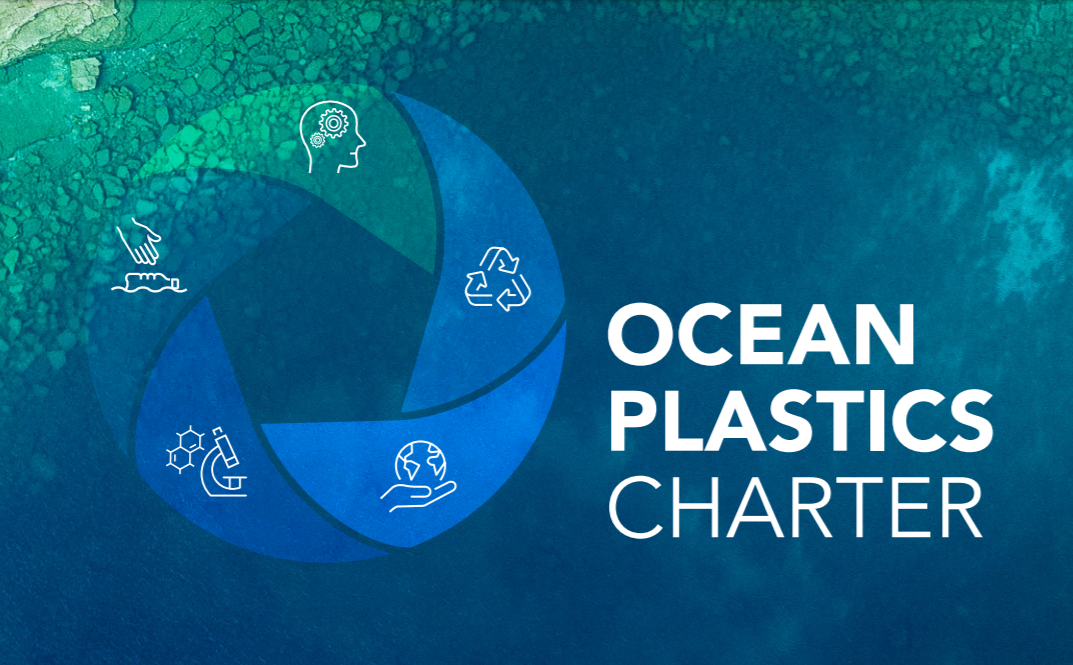New ‘top tips’ guide helps conservation organisations engage with business
A new report draws on experience and lessons of local partners, following their participation in the Shared Resources, Joint Solutions Programme, which ends this month.

Photo: ECOTRUST
"If you are able to demonstrate how ecosystem degradation can negatively impact a certain business, it becomes easier to ally with them to make their operations more sustainable," says Diana Nabiruma of the Africa Institute for Energy Governance (AFIEGO) in Uganda.
This is just one lesson from the new collection of ‘top tips’ on how conservation organisations can scale up engagement and best practice with business that was released today by IUCN, at the close of a five-year strategic global initiative.
“The first step is always the hardest. To safeguard biodiversity, the engagement with business is crucial for civil society actors. But how do you create an effective engagement, and how do you build a coalitions of peers,” asks Romie Goedicke, a senior expert with the IUCN National Committee of the Netherlands, who led the business engagement component of the Shared Resources, Joint Solutions (SRJS) initiative, which also involved WWF Netherlands and the Netherlands’ Ministry of Foreign Affairs.
“When we started out on this journey we soon realized that there was limited material available for conservation organisations on how to build business engagement plans. More importantly, there was little space for peer-to-peer learning as most examples were from Europe. This collection of ‘top tips’ fills an important gap, and provides a foundation for future programmes to build upon,” added Ms Goedicke.
The SRJS business engagement component facilitated training workshops and dialogues with business for representatives of conservation organisations, helping them map out action plans on how to influence business practice in critically important landscapes in Africa, Asia and South America.
"Around the world, ecosystems and the services they provide are under pressure. With the Shared Resources Joint Solutions programme, we have focused on building the capacity of local civil society organisations that are on the front line of strengthening climate resilience, water supply and food security for local communities,” said Mr Omer van Renterghem, senior policy advisor on water and environment for the Netherlands’ Ministry of Foreign Affairs.
“Engaging business in this process is also beneficial to them, whether it involves them tackling an environmental problem where they operate with local groups or improving their communications channels with local stakeholders. This is why we welcome the stories and tips gathered in this publication: they can inspire and stimulate others to take action. The Dutch Ministry of Foreign Affairs supports this work as a donor, but more importantly, as a partner," he added.
The collection of ‘top tips’ highlighted in this publication draws on lessons from 12 case studies provided by local SRJS partners, and offers a practical roadmap for conservation organisations to consider from the preparation phase before approaching business to the engagement phase, and finally, scaling up. For example, the SRJS partners recommend doing your homework on a company before you engage and collaborating with other organisations with complementary expertise and resources, where appropriate.
“This SRJS initiative has resulted in new partnerships and multi-stakeholder platforms for conservation,” says Nadine McCormick of IUCN who led several of the training sessions and follow-up coaching with the NGOs. “Overall, the five-year SRJS programme has measured more than 350 targeted changes in government and business policies and practices, which is proof that with the right tools and support, local organisations are effective change-makers.”
For more information, please email IUCN at: biobiz@iucn.org
Download the publication in English, French and Spanish.
Additional information about the SRJS Programme can be found here.
Find out more about IUCN’s BioBiz Exchange initiative and Resource Guide here.
Also, please note, many of these case studies can be found on the PANORAMA for a Healthy Planet website, under the Business Engagement Community, here.



